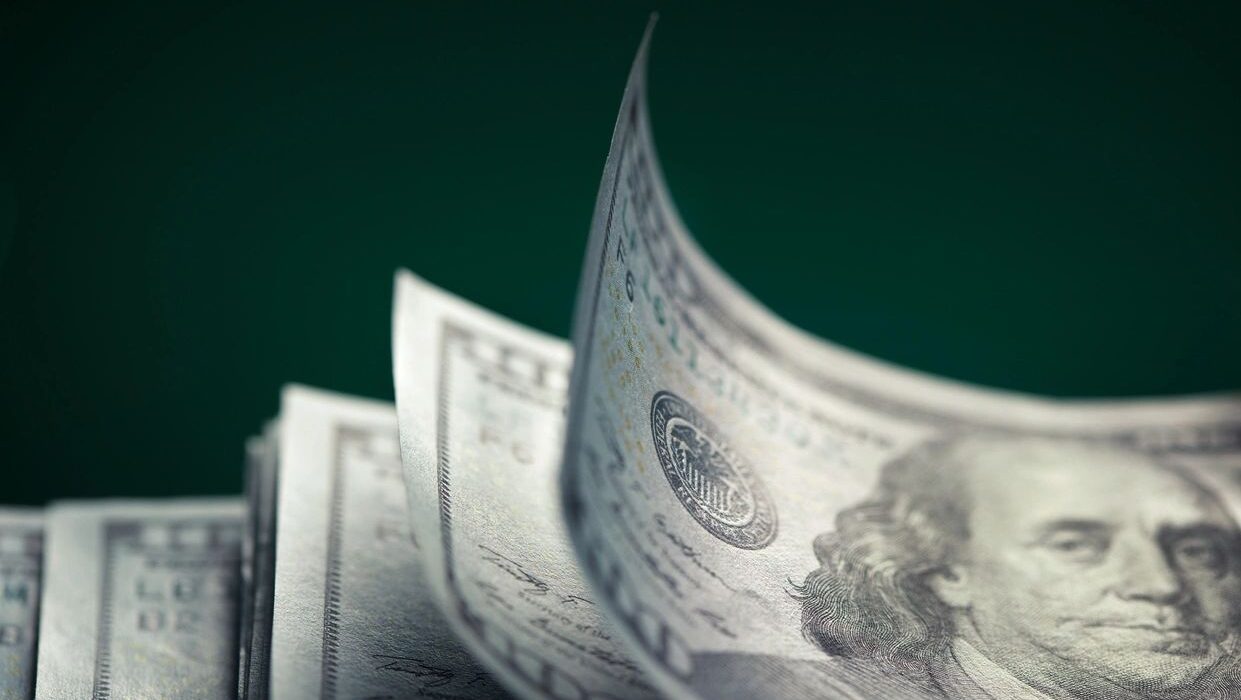FINRA Fines BofA for Spoofing in Treasuries Market
The Financial Industry Regulatory Authority (FINRA), the securities regulator, has reportedly sanctioned BofA Securities with a censure and a $24 million fine for over 717 instances of spoofing.
Spoofing, a type of fraudulent trading, deceives other market participants into trading at a time, price, or quantity that they otherwise would not have done.
Between October 2014 to February 2021, a former supervisor and a former junior trader at BofA Securities allegedly engaged in 717 instances of spoofing in U.S. Treasury securities. In addition to the 717 instances of alleged spoofing by the two former traders, FINRA’s analysis of the firm’s trading identified almost 280 additional instances of trading activity in U.S. Treasury securities that indicated potential spoofing during the relevant period.
According to FINRA, prior to September 2022, BofA Securities didn’t have a supervisory system that was designed to detect spoofing in U.S. Treasury markets. The firm failed to have a supervisory system until November 2015, and that system was only designed to detect spoofing by trading algorithms, not manual spoofing by its traders.
Spoofing in Financial Markets
In financial markets, specifically in the context of trading, spoofing refers to a deceptive practice where a trader places orders with the intent to cancel them before they are executed. This is done to create a false impression of supply or demand in the market, influencing prices to benefit the trader’s actual positions.
Here’s how it typically works:
Placing Orders: A trader will place a large number of buy or sell orders (often using high-frequency trading algorithms) with no intention of executing them. These orders are placed to manipulate the market perception of demand or supply.
Quick Cancellation: Before these orders are executed, the trader cancels them. The goal is not to execute these orders but to influence the market by creating a false impression of increased or decreased interest in buying or selling at certain price levels.
Executing Actual Trades: While the market reacts to the false impression created by the spoofed orders, the trader executes trades based on the expected movement in prices caused by the artificial market activity.
Spoofing in the treasuries markets or any financial market is illegal and considered a form of market manipulation. The practice undermines market integrity, creates unfair advantages, and can disrupt the natural price discovery process, impacting other market participants negatively.
Securities Attorneys
This information is all publicly available and provided to you by The White Law Group. Please contact The White Law Group at 1-888-637-5510 for a free consultation, to determine whether you may be able to recover investment losses.
The White Law Group, LLC is a national securities fraud, securities arbitration, investor protection, and securities regulation/compliance law firm with offices in Chicago, Illinois and Seattle, Washington.
For more information on The White Law Group, please visit our website at https://whitesecuritieslaw.com.
Last modified: December 4, 2023



